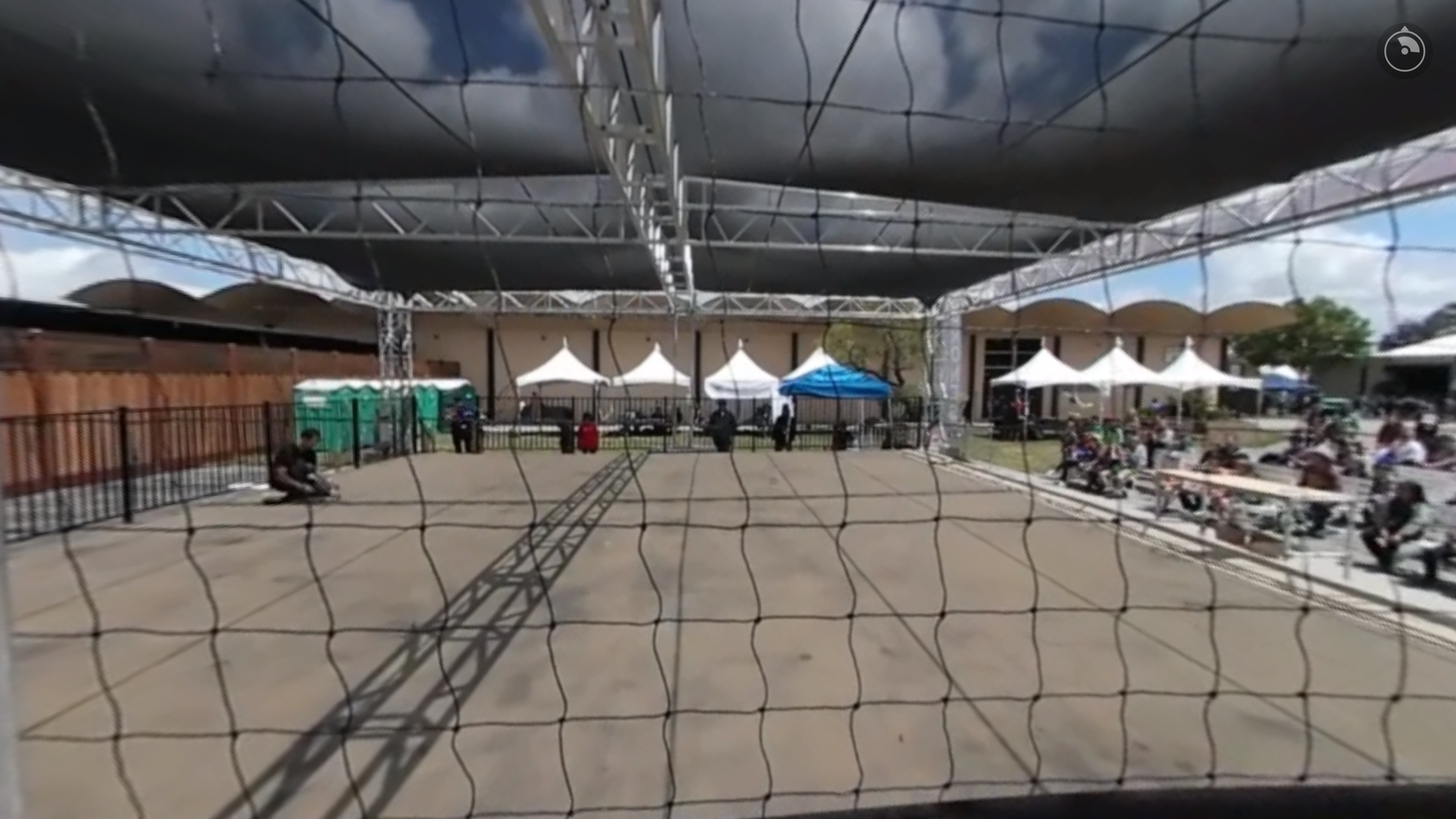
The Electronic Freedom Foundation (EFF) is cheering the failure of two anti-drone bills before the California legislature this session.
The two bills—A.B. 1820 and S.B. 868—were designed to curtail commercial drone activities and address safety concerns about “weaponized” drones. But A.B. 1820 was far too broad in scope, among it’s many proposed restrictions to the use of drones across applications including security, environmental, and industrial, it sought to prohibit makers from building drones armed with weapons or “any device” that could cause damage to property. S.B. 868 was an amendment to the penal code, upping the penalties for infractions to over 6 months in jail and up to $1,000 in fines.
The bills were evidently drafted by lawmakers entirely unfamiliar with both commercial and recreational drones. Aside from being far to broad, and neglecting to account for reasonable use in many commercial applications, the bill failed to take into consideration drone sports like the aerial drone combat that is now a massively popular attraction at the Bay Area Maker Faire.
While the proposals passed through the Assembly and Senate respectively, the bills ultimately failed in committee: S.B. 868 failed on a vote in the Assembly Privacy and Consumer Protection Committee, reports the EFF, while A.B. 1820 was rejected by the Senate Judiciary Committee.
Among the issues that EFF and the drone industry complained made the bills unreasonable, the EFF specifically objected to the way that S.B. 828 proposed to distinguish between “commercial” and “non-commercial” drone operators when applying penalties. Such a distinction could have had a serious impact on both the recreational and the commercial drone industry in California, and as EFF pointed out to the bill’s author, made little sense:
From a safety and privacy perspective, this approach makes absolutely no logical sense. It is true that this distinction usually makes sense when applied to manned aircraft, since commercial manned aircraft typically carry passengers or cargo, and thus the primary risk (and thus reason behind regulation) is to those passengers or cargo. However, the major risk from drones is typically only to people and property not onboard the drone. As such, whether or not the operator is being paid is a poor proxy for the potential risk to the public, and is thus also a poor proxy for whether or not the operation should be regulated to promote safety and privacy.
“Like any other technology, drones can be used for a variety of innovative and exciting purposes while at the same time posing a danger to privacy and safety. The trick is striking the right balance—ensuring that new laws and regulations protect our privacy and safety without restricting the technology’s use any more than necessary. Unfortunately, these bills were an overreaction to some of the hysteria about private use of drones and didn’t strike that balance. Also, they did not sufficiently limit police use of drones. Fortunately, they were defeated,” says the EFF statement.
Miriam McNabb is the Editor-in-Chief of DRONELIFE and CEO of JobForDrones, a professional drone services marketplace, and a fascinated observer of the emerging drone industry and the regulatory environment for drones. Miriam has penned over 3,000 articles focused on the commercial drone space and is an international speaker and recognized figure in the industry. Miriam has a degree from the University of Chicago and over 20 years of experience in high tech sales and marketing for new technologies.
For drone industry consulting or writing, Email Miriam.
TWITTER:@spaldingbarker
Subscribe to DroneLife here.







[…] post Anti-Drone Bills Crash in California appeared first on […]